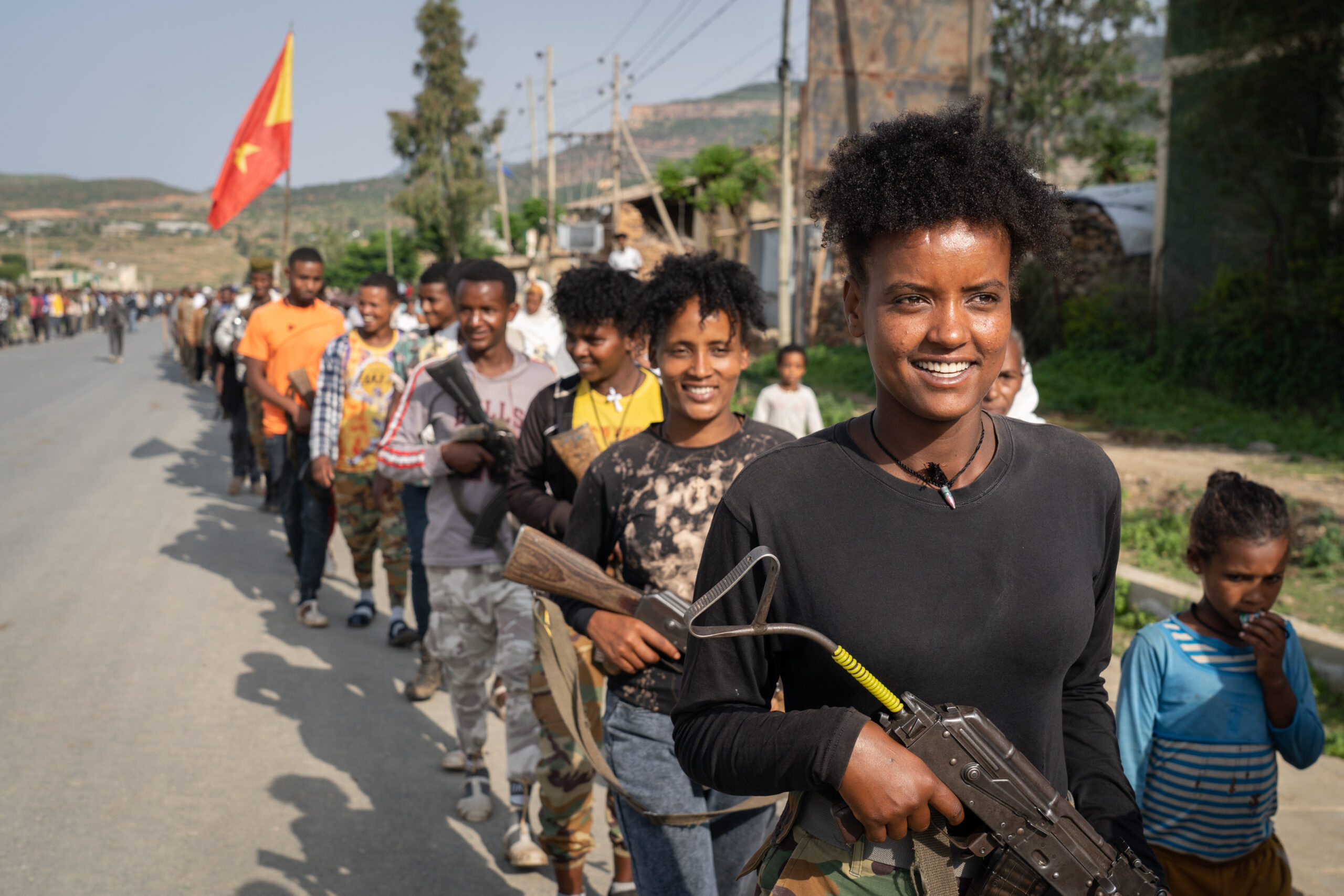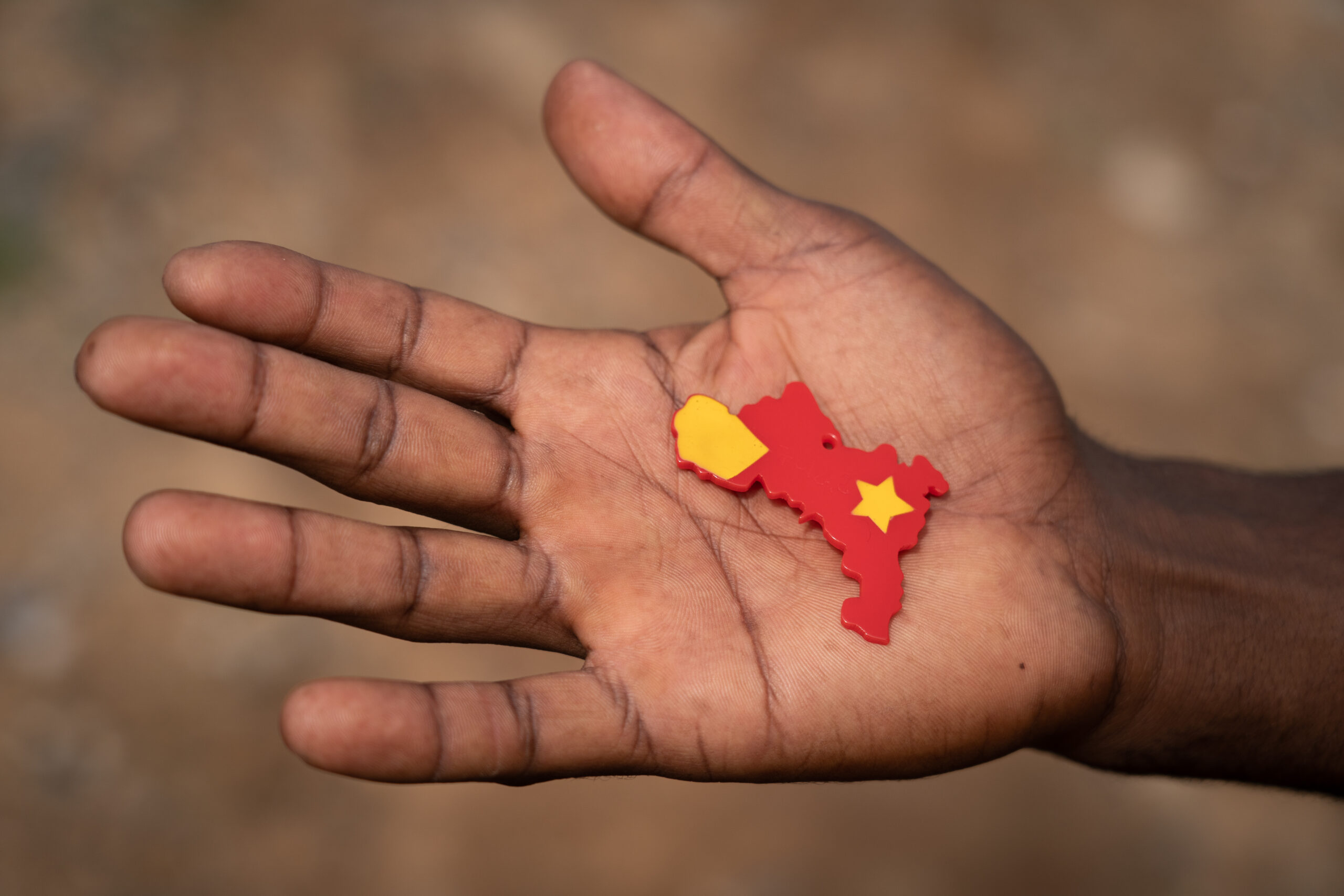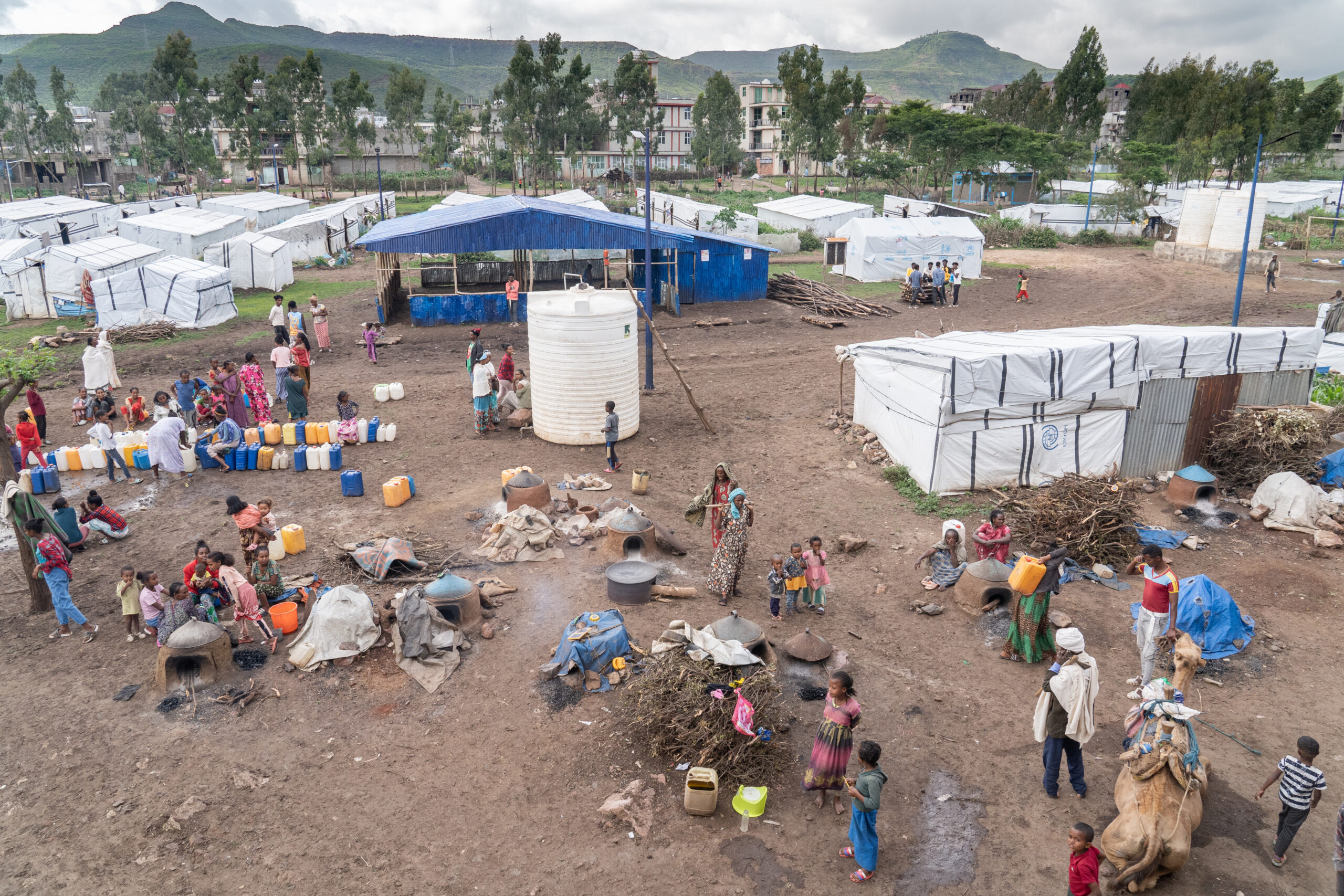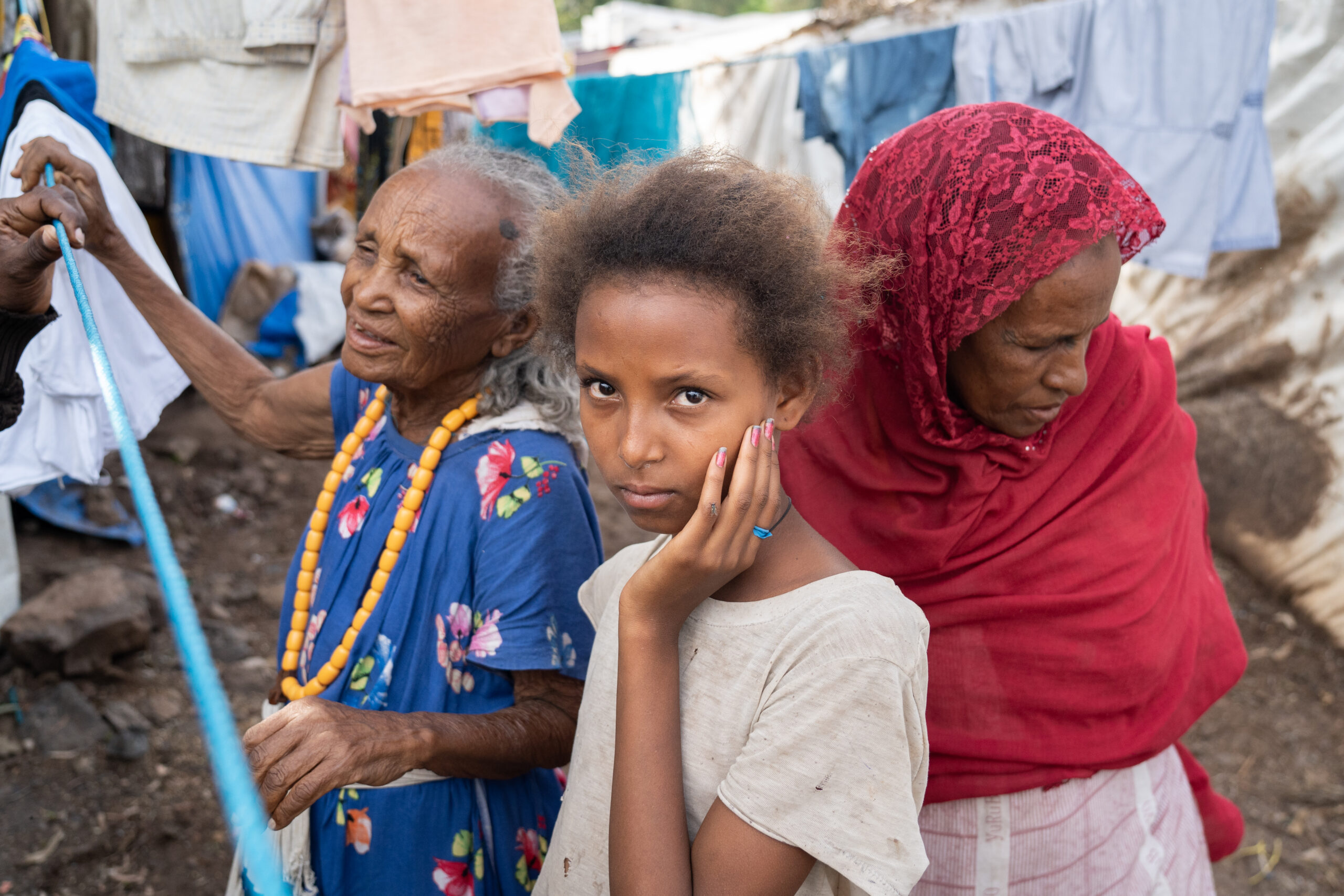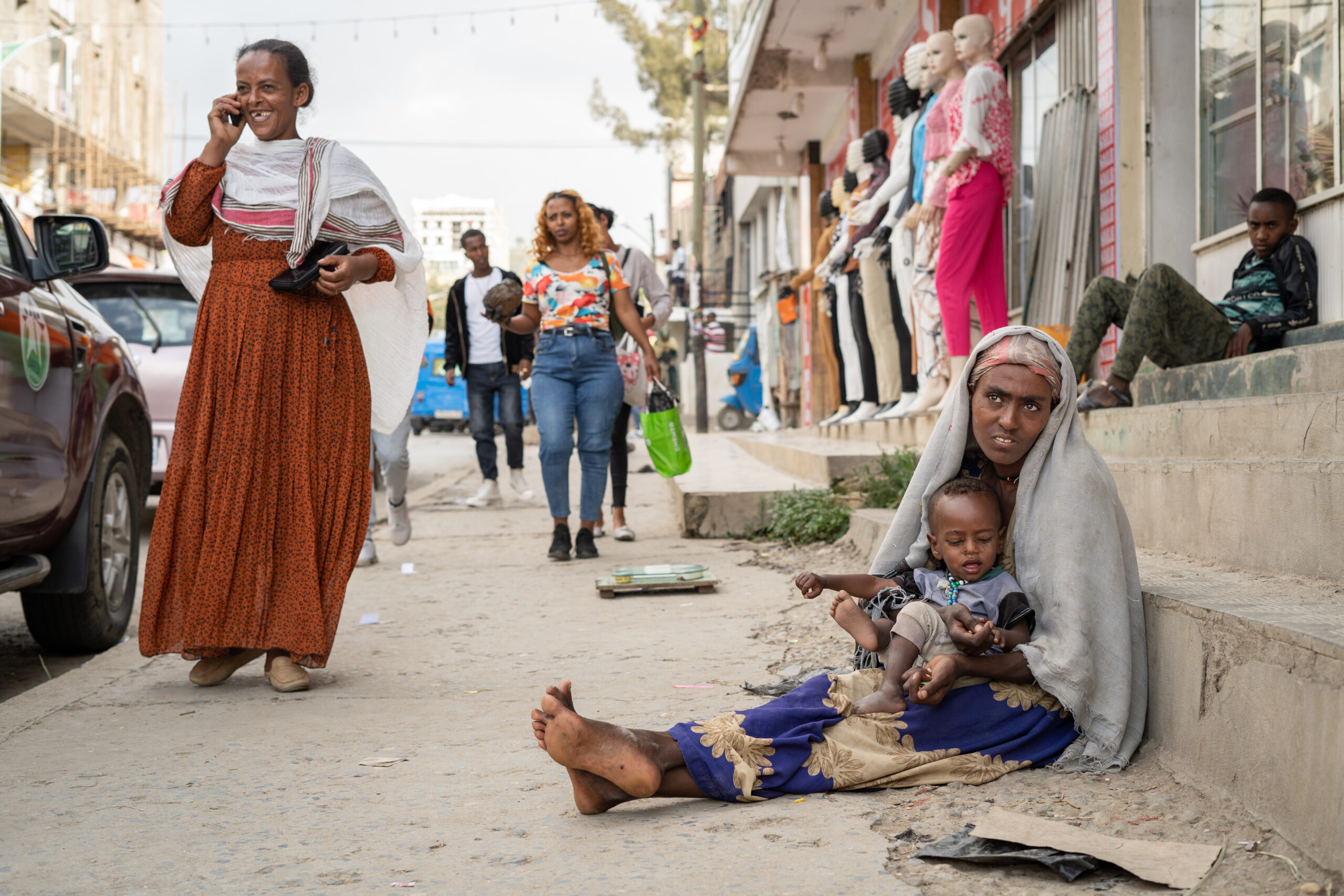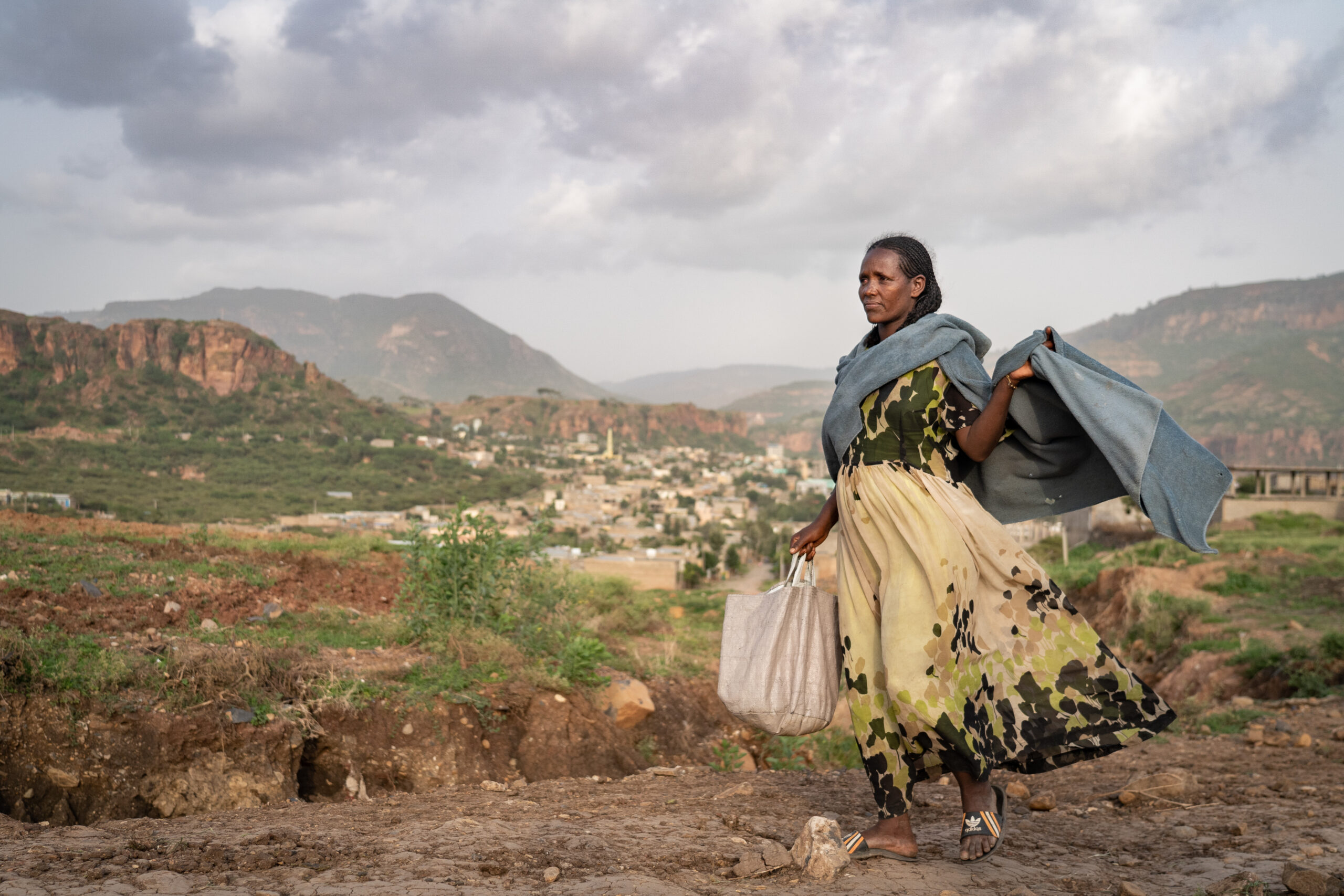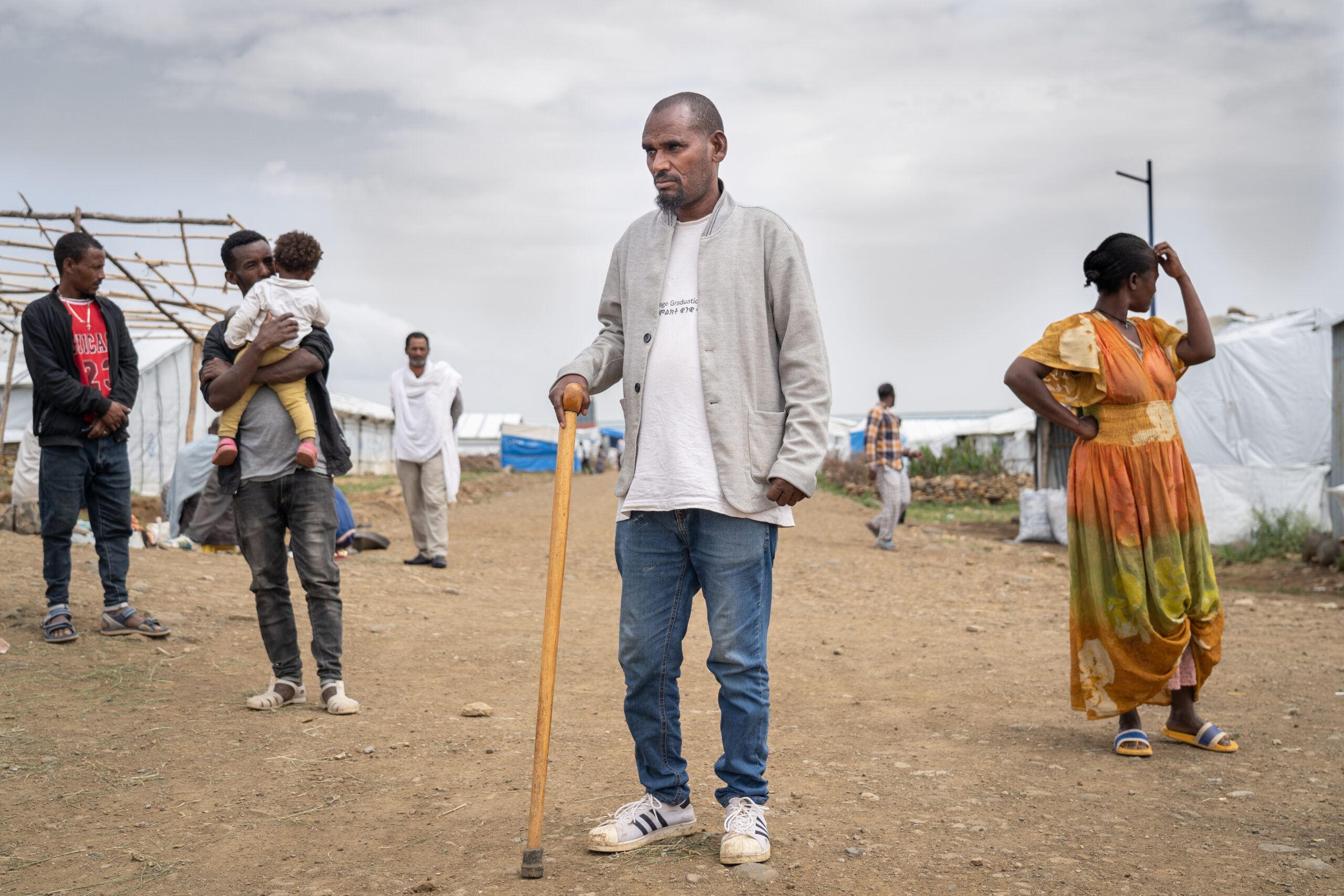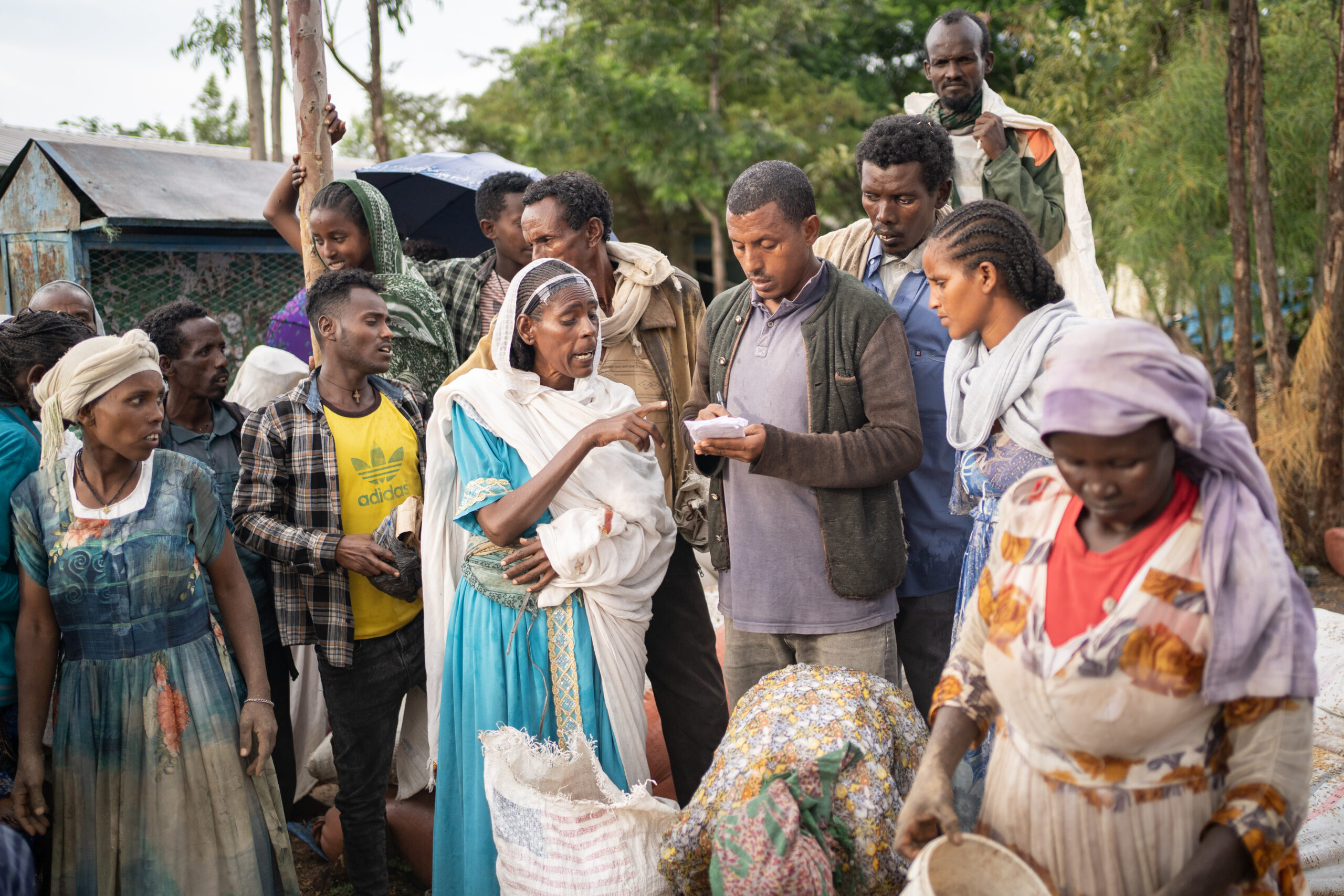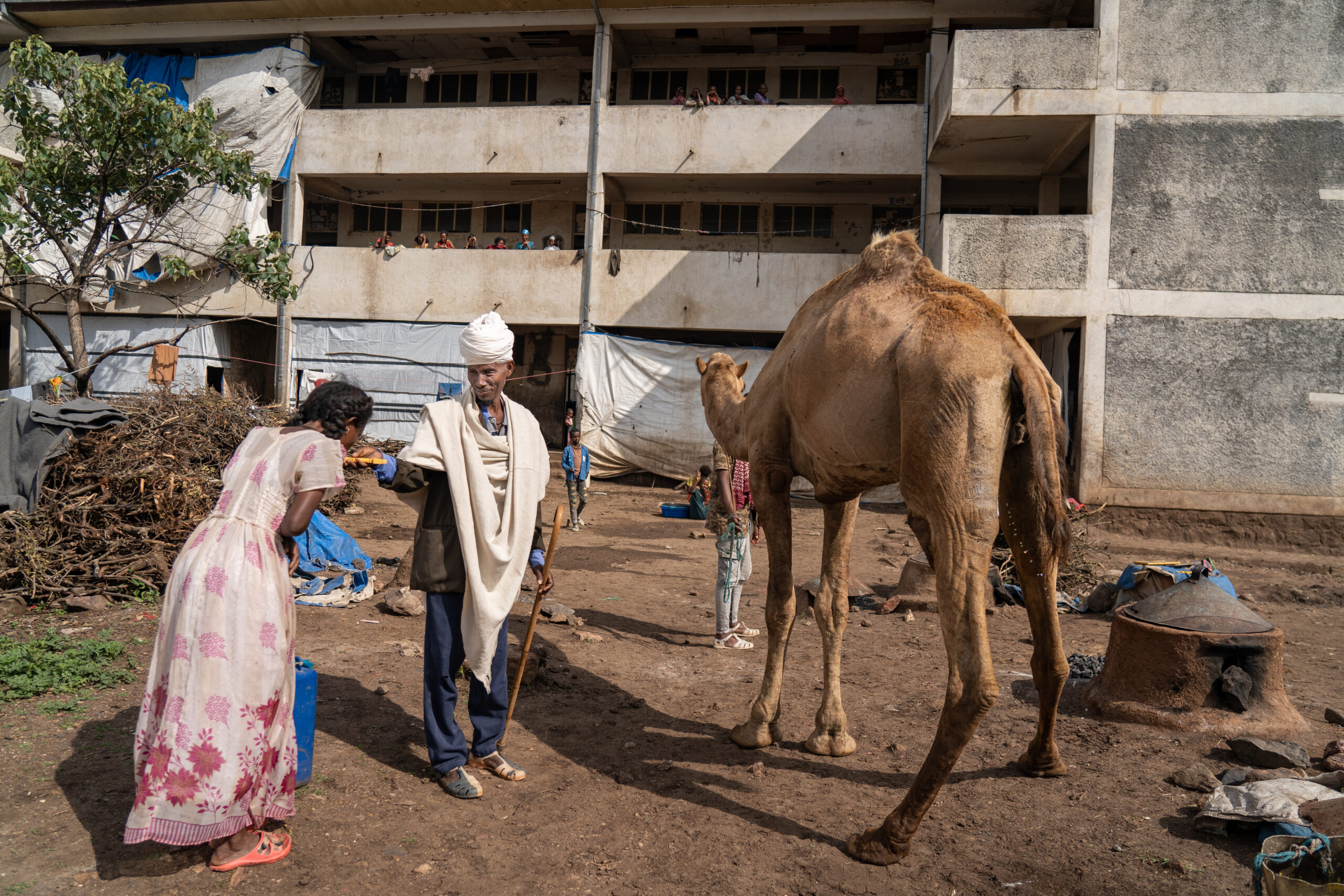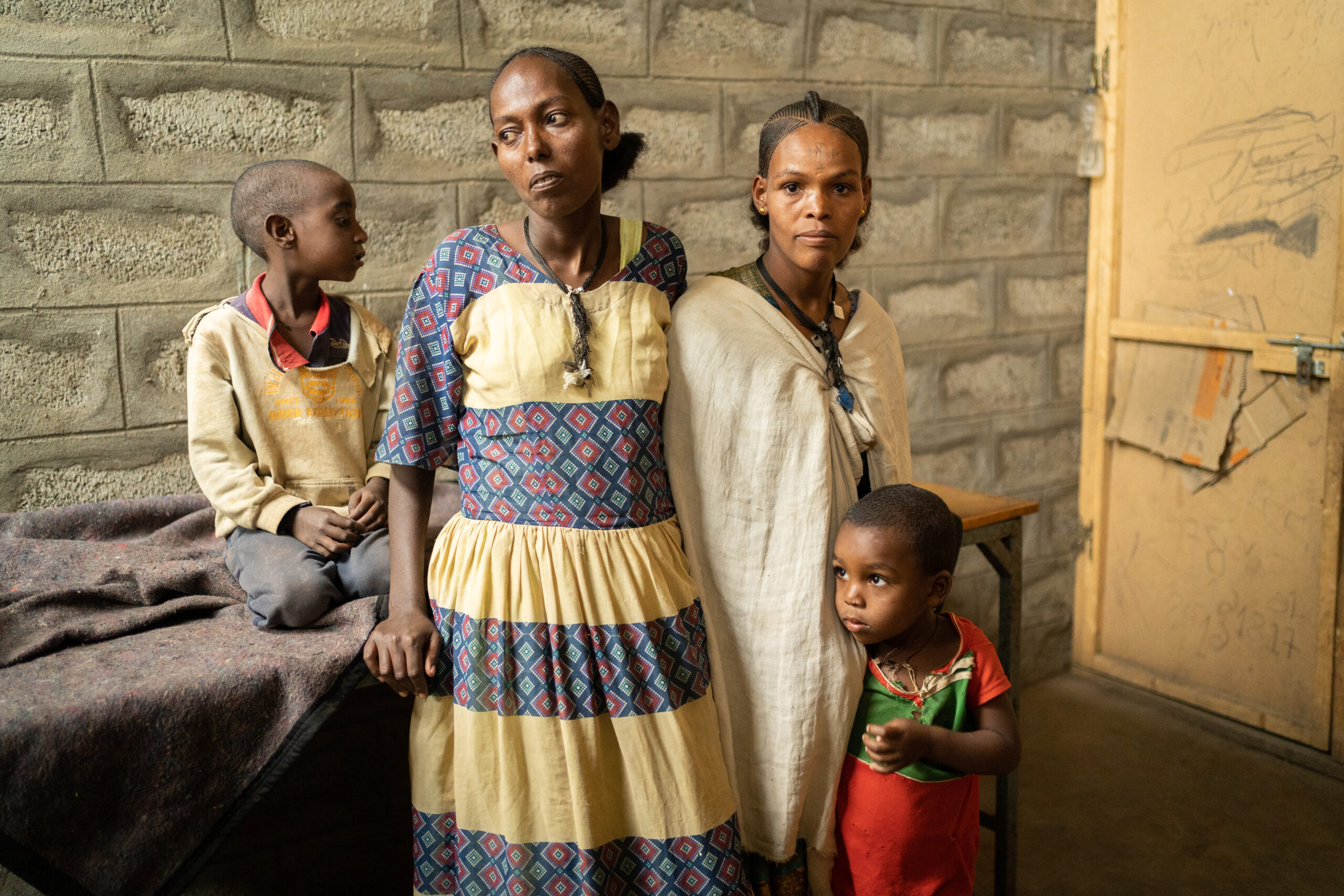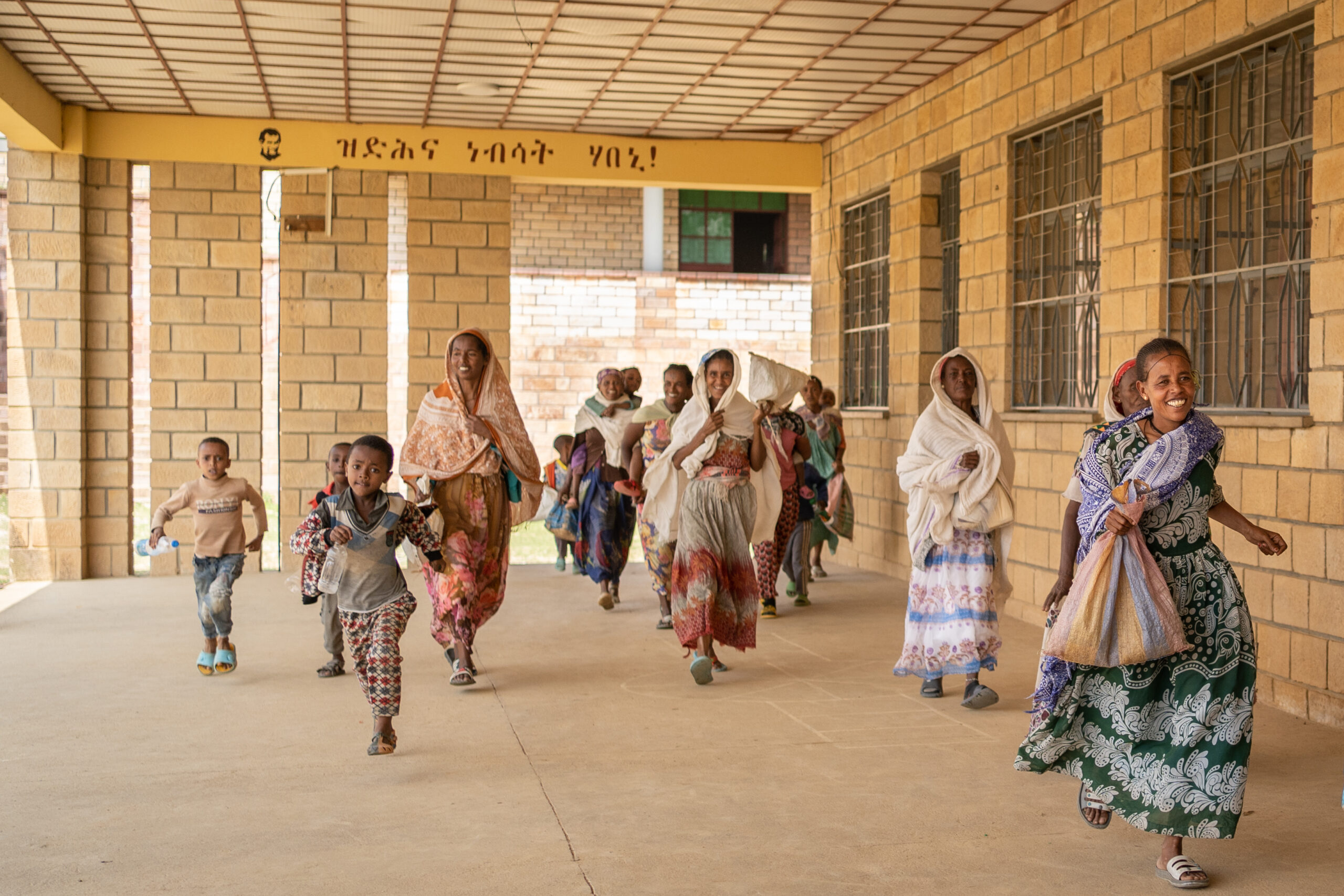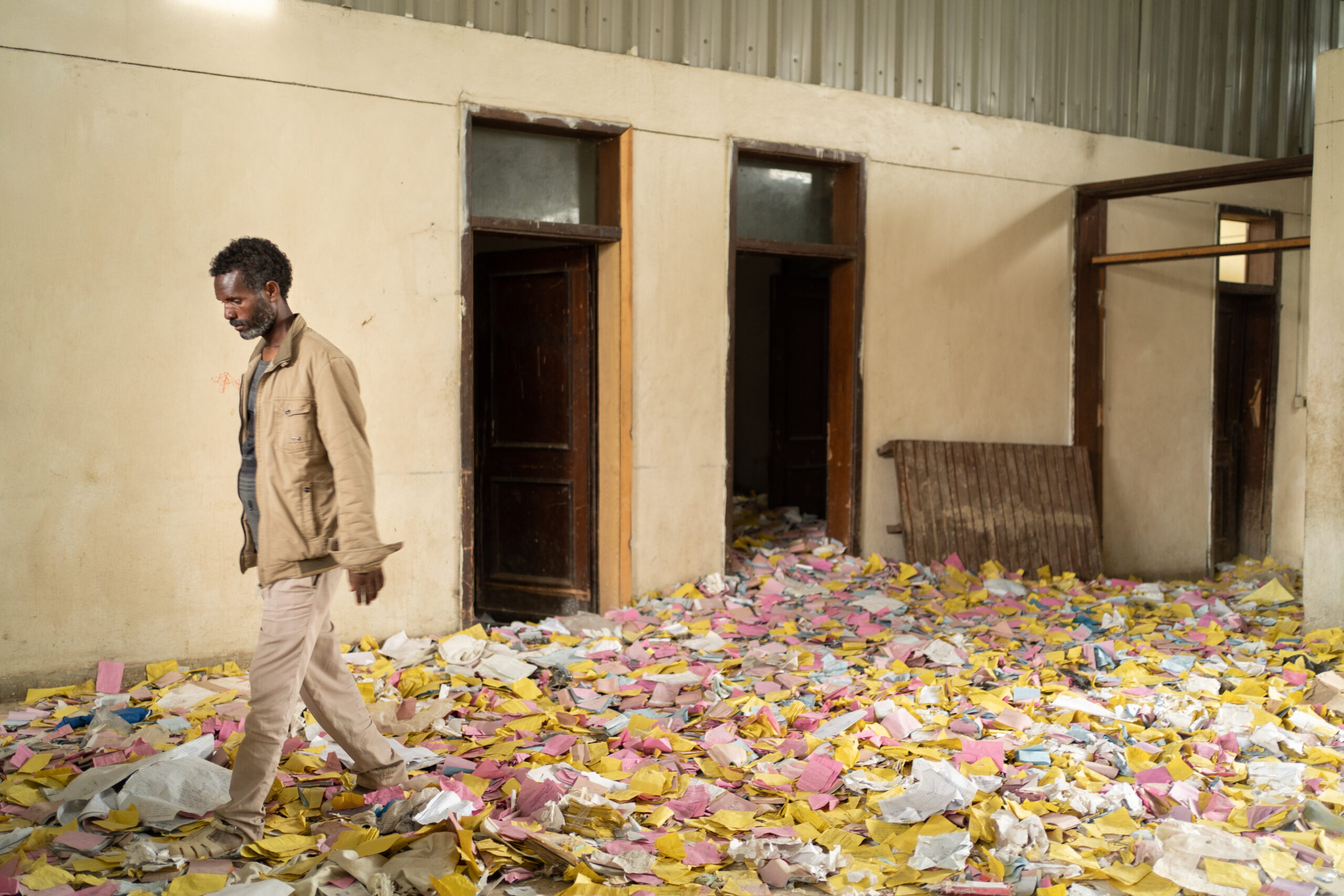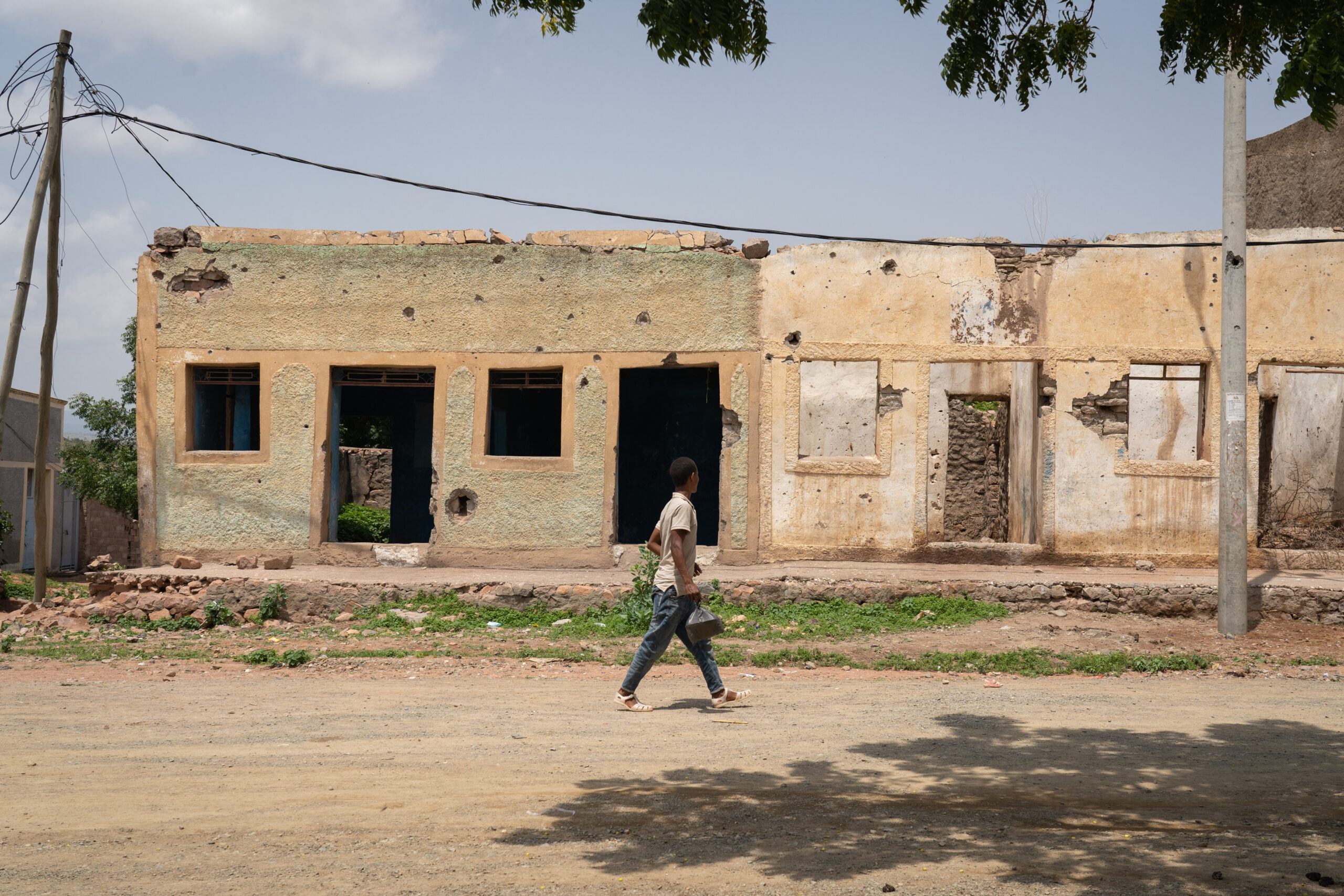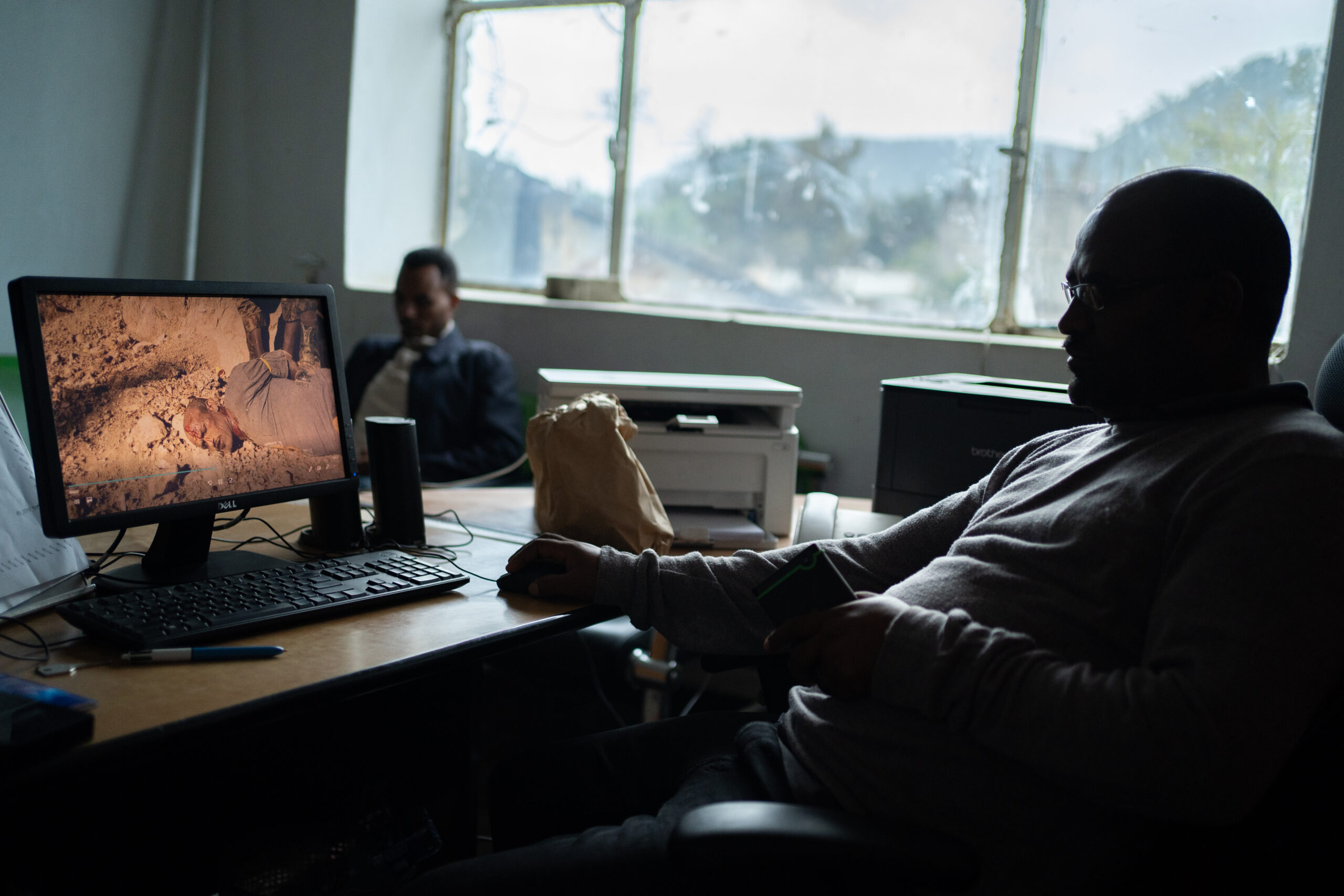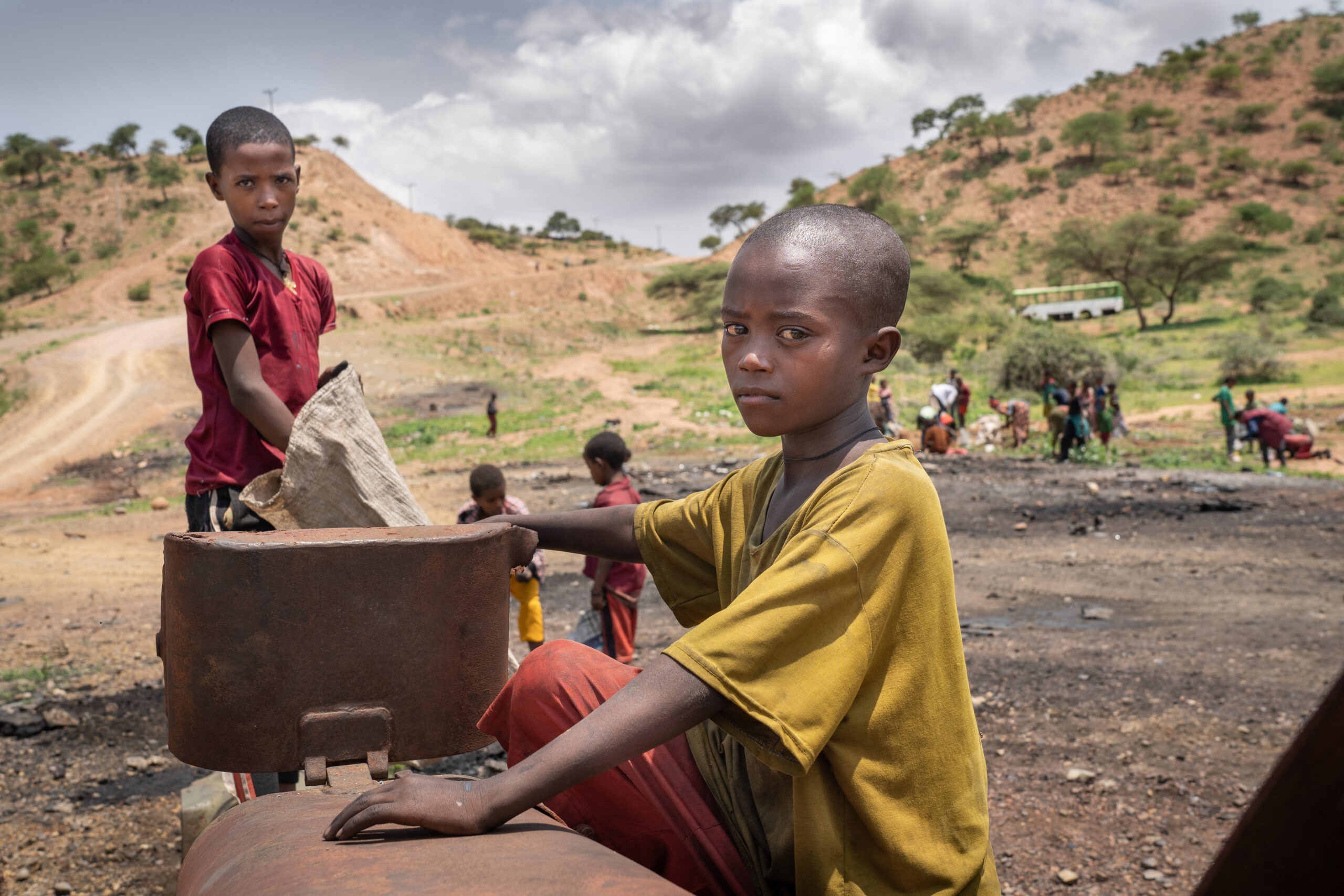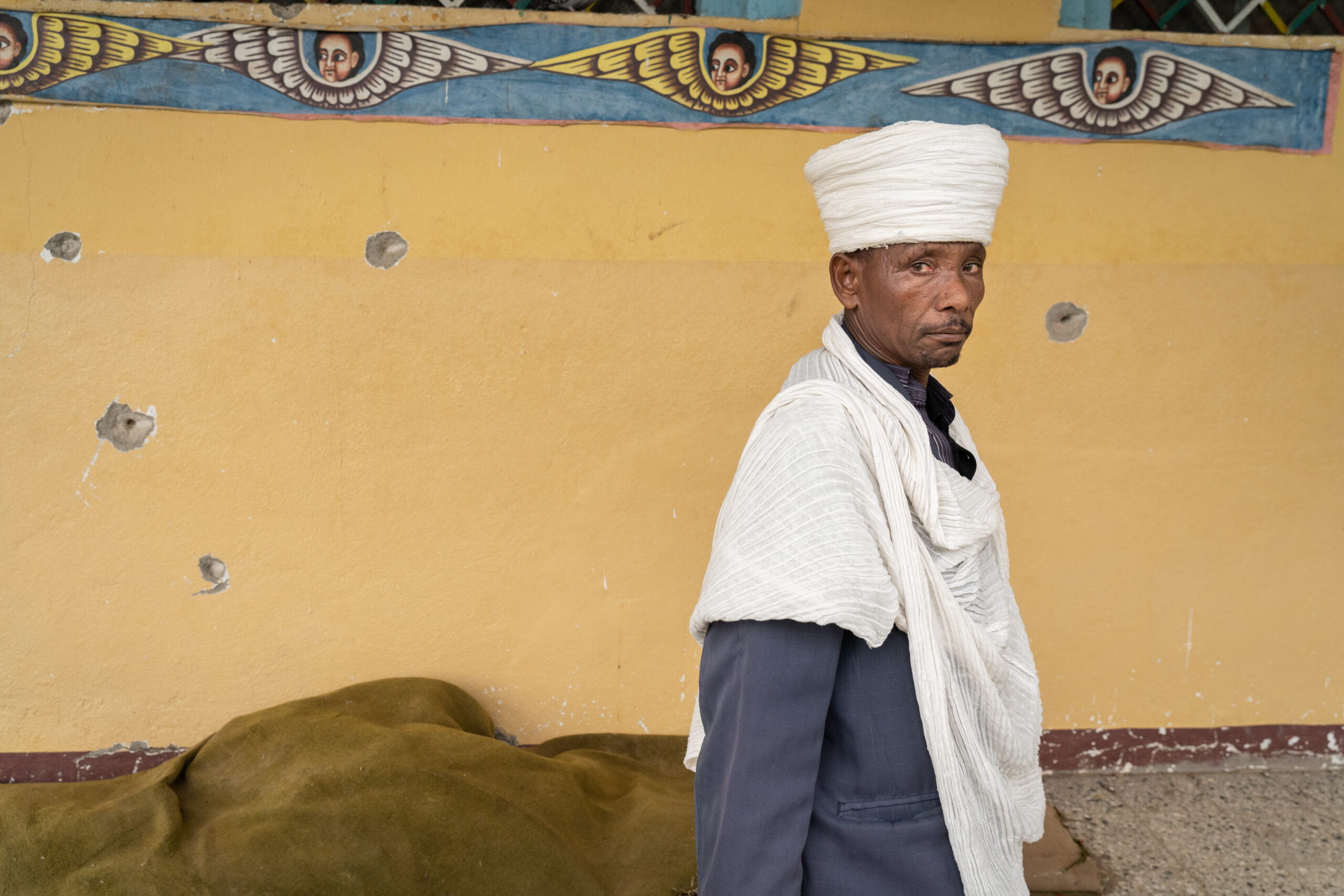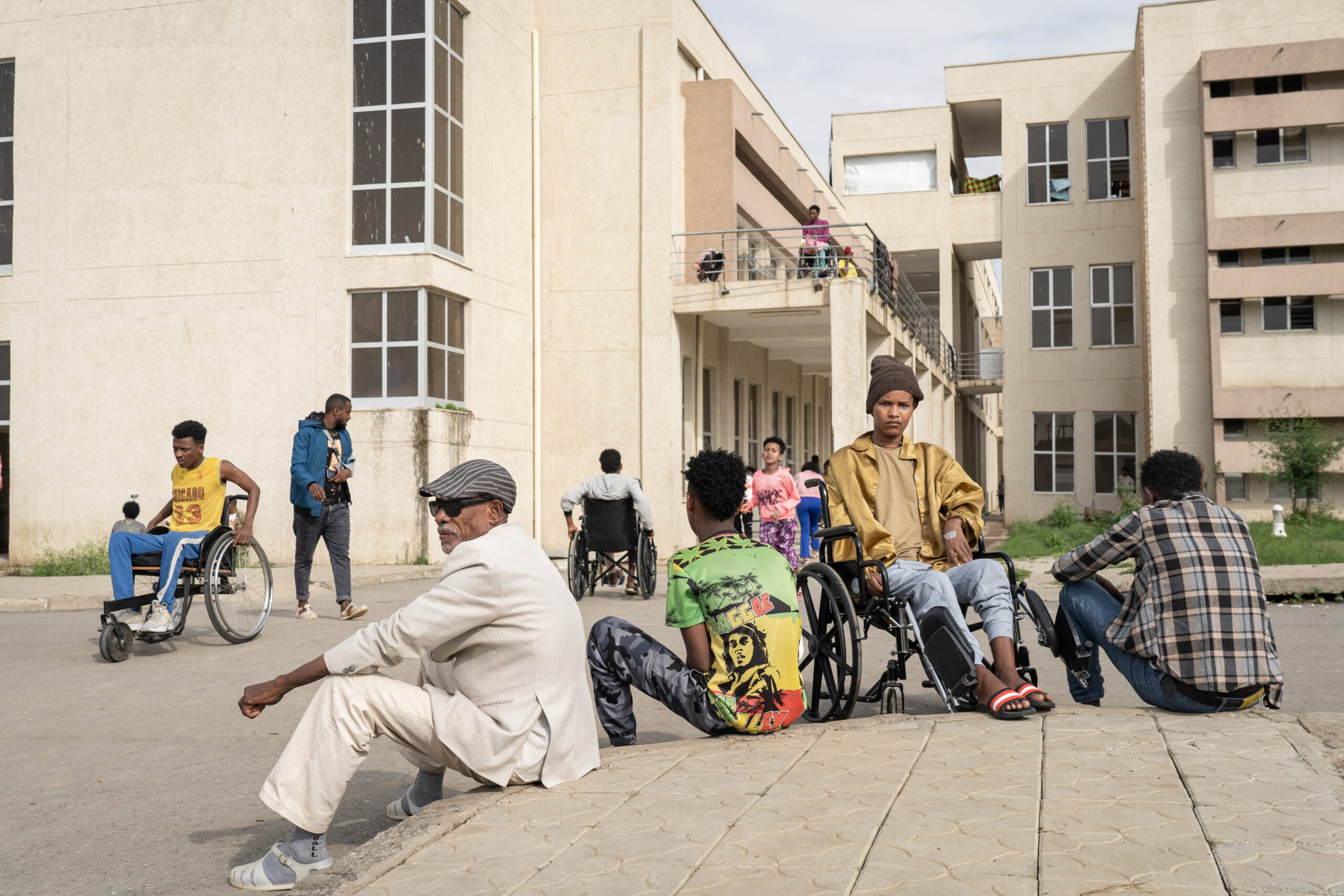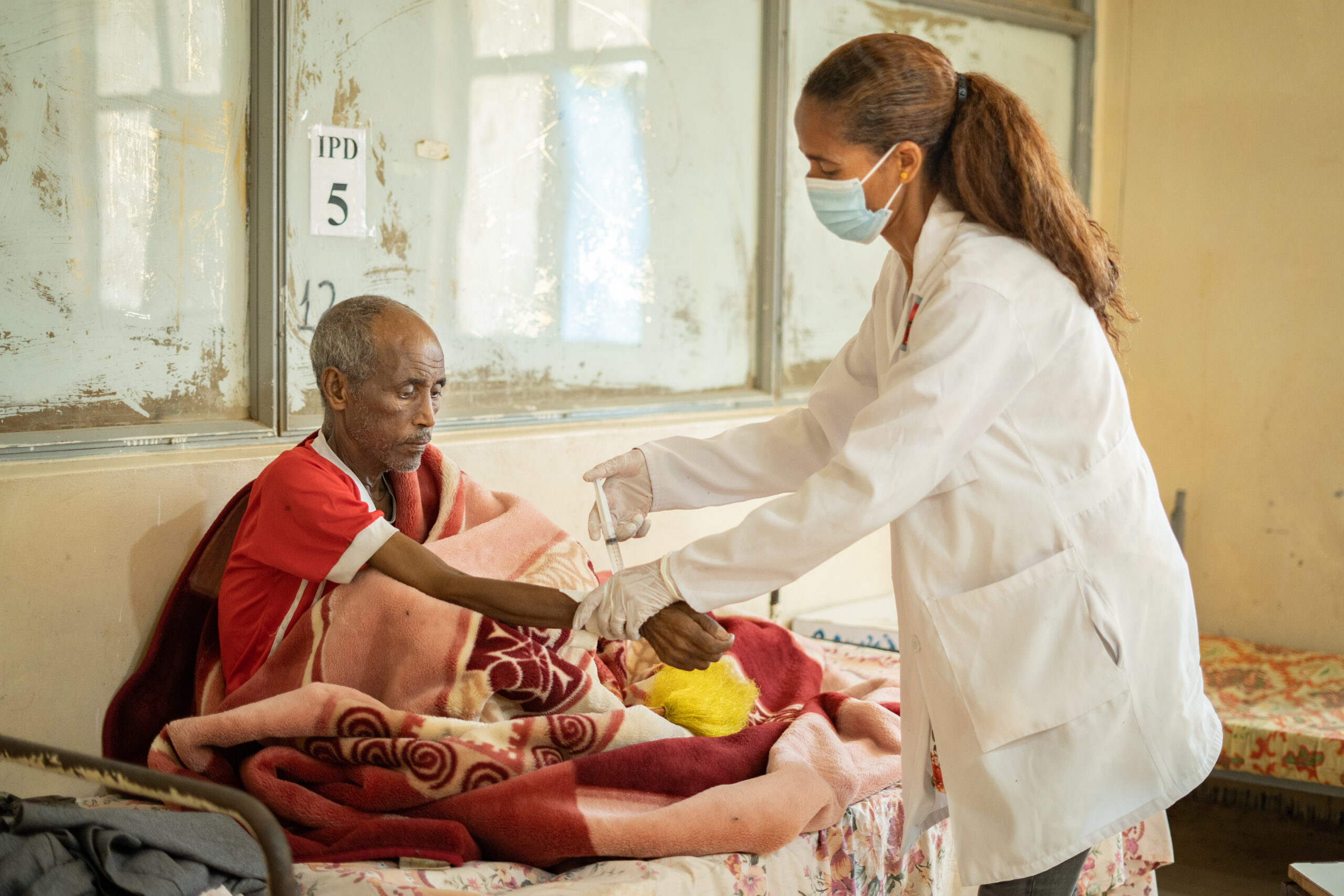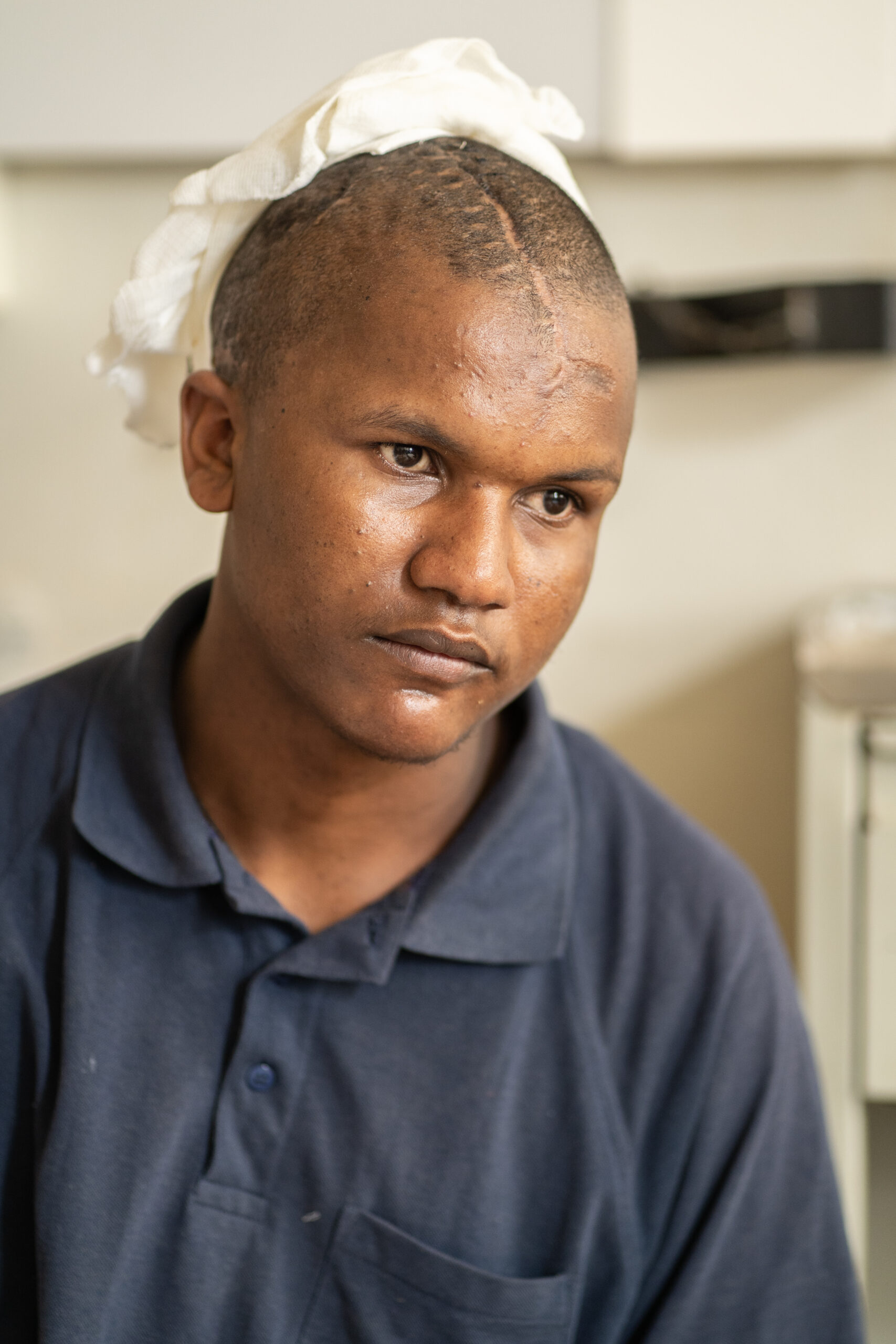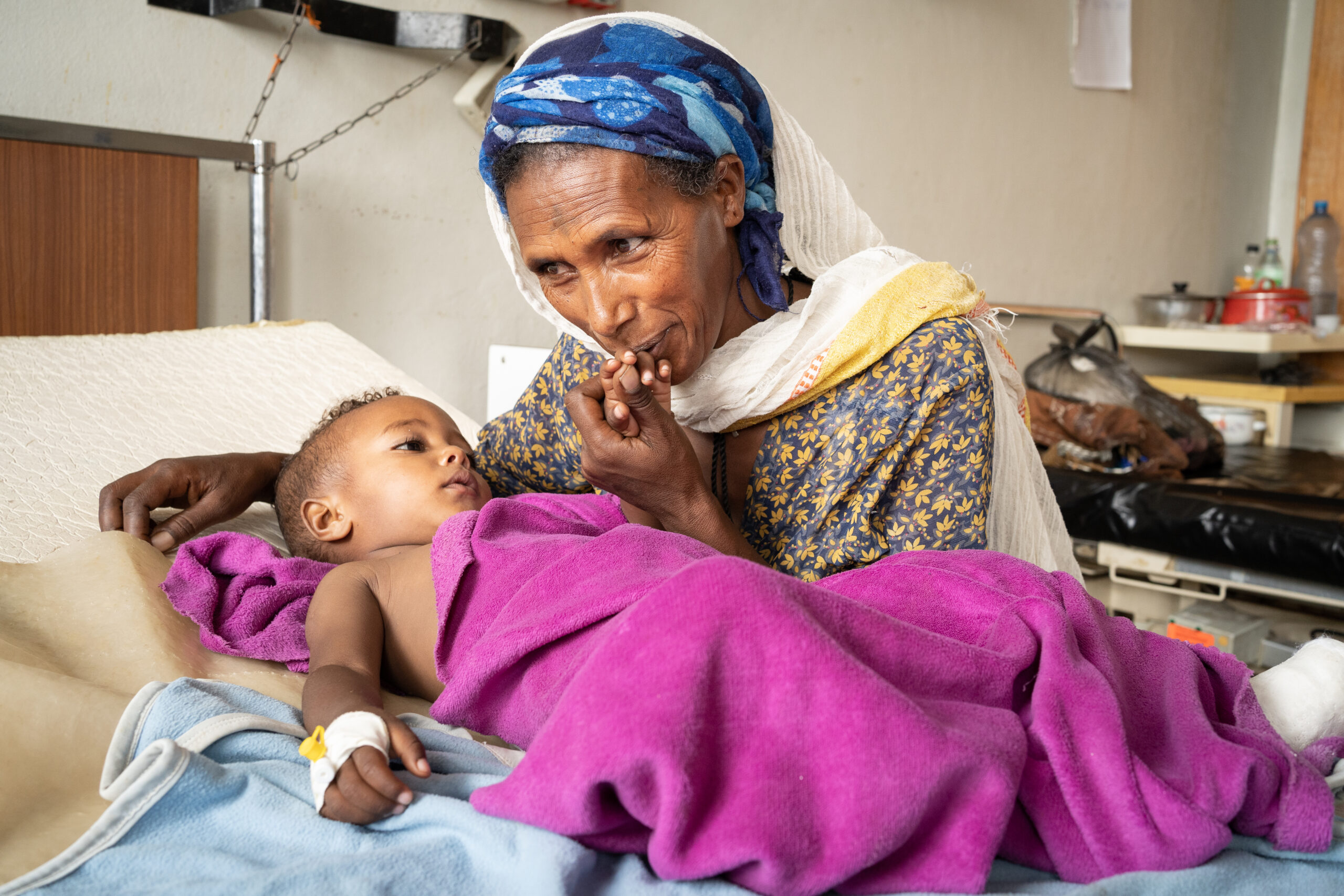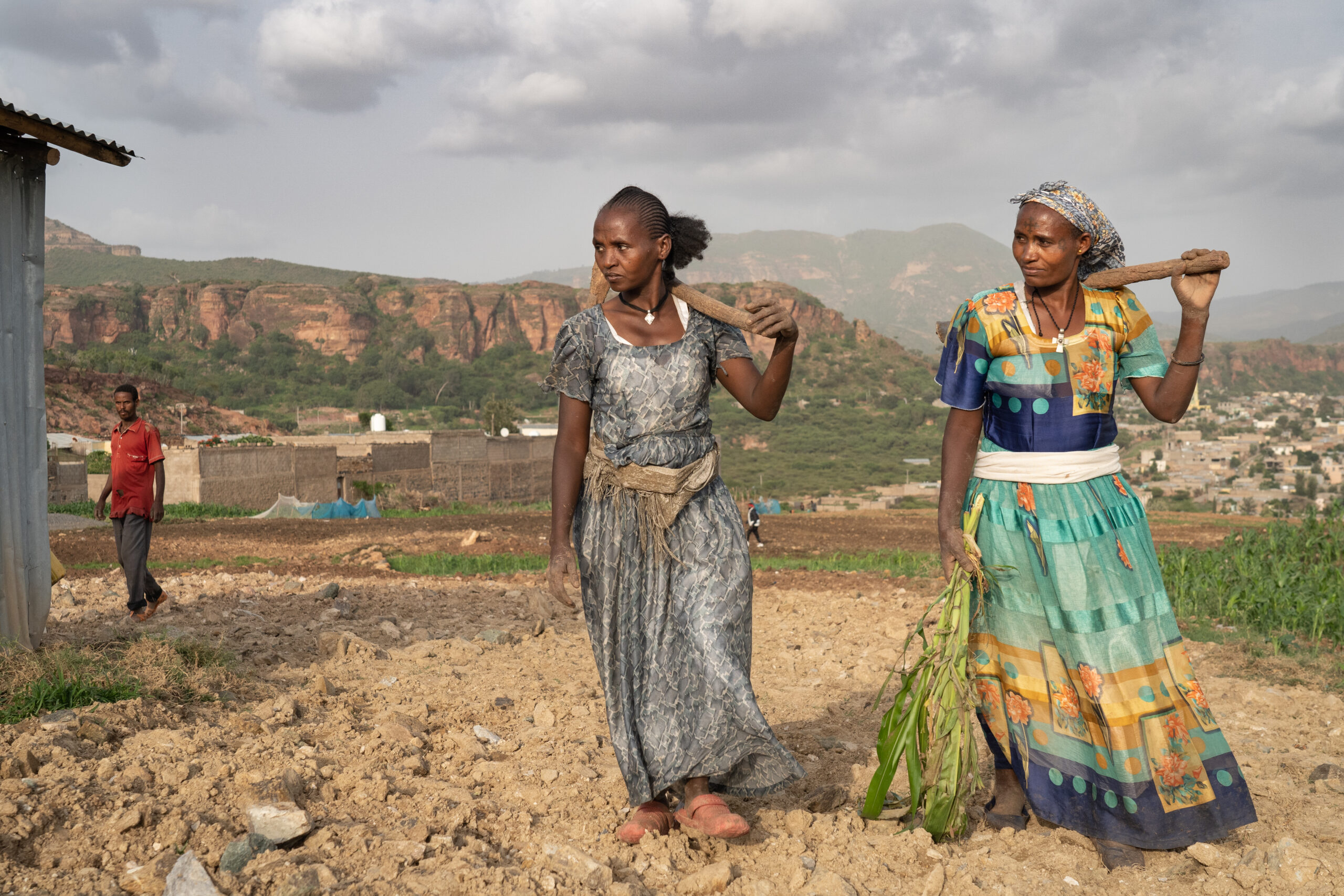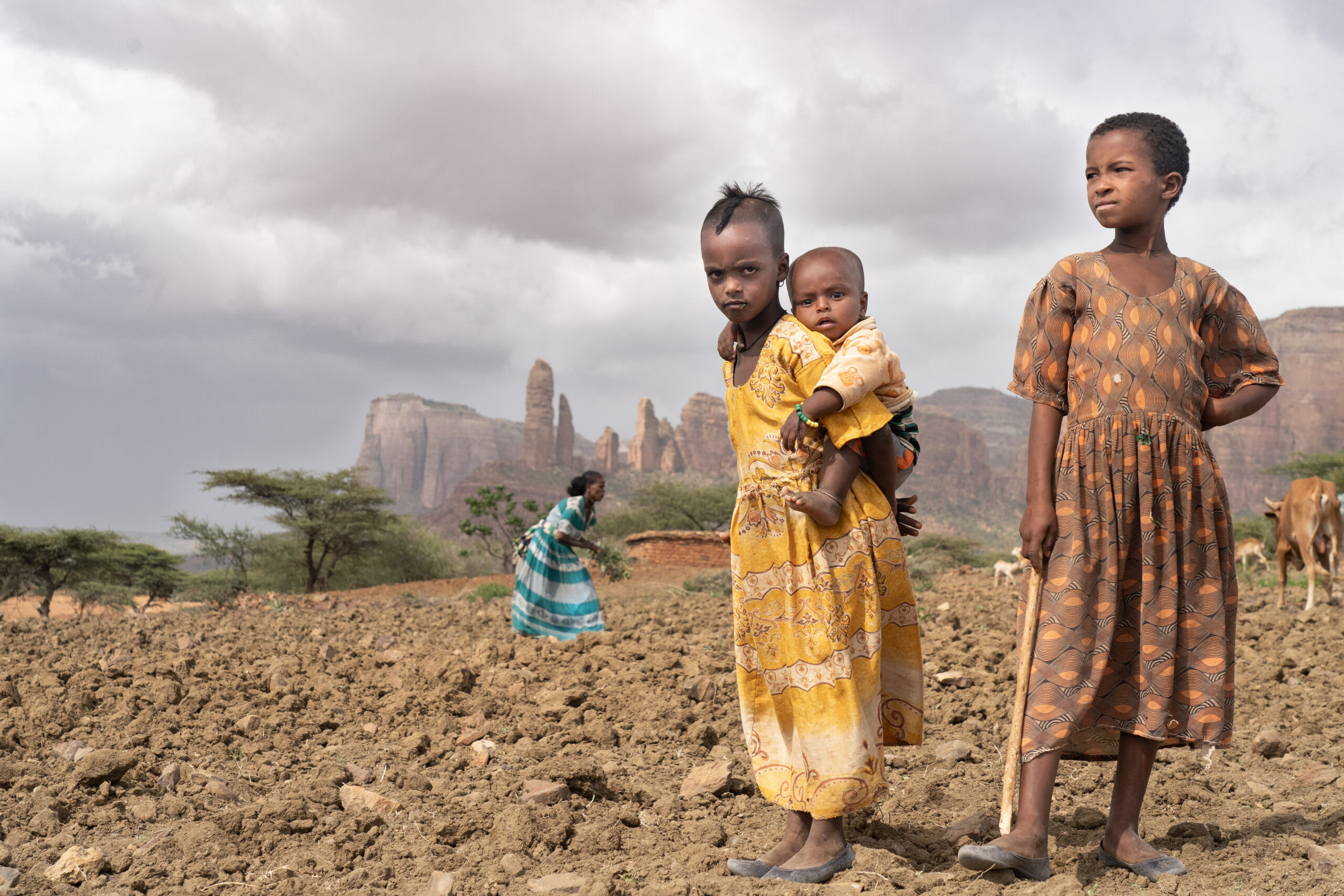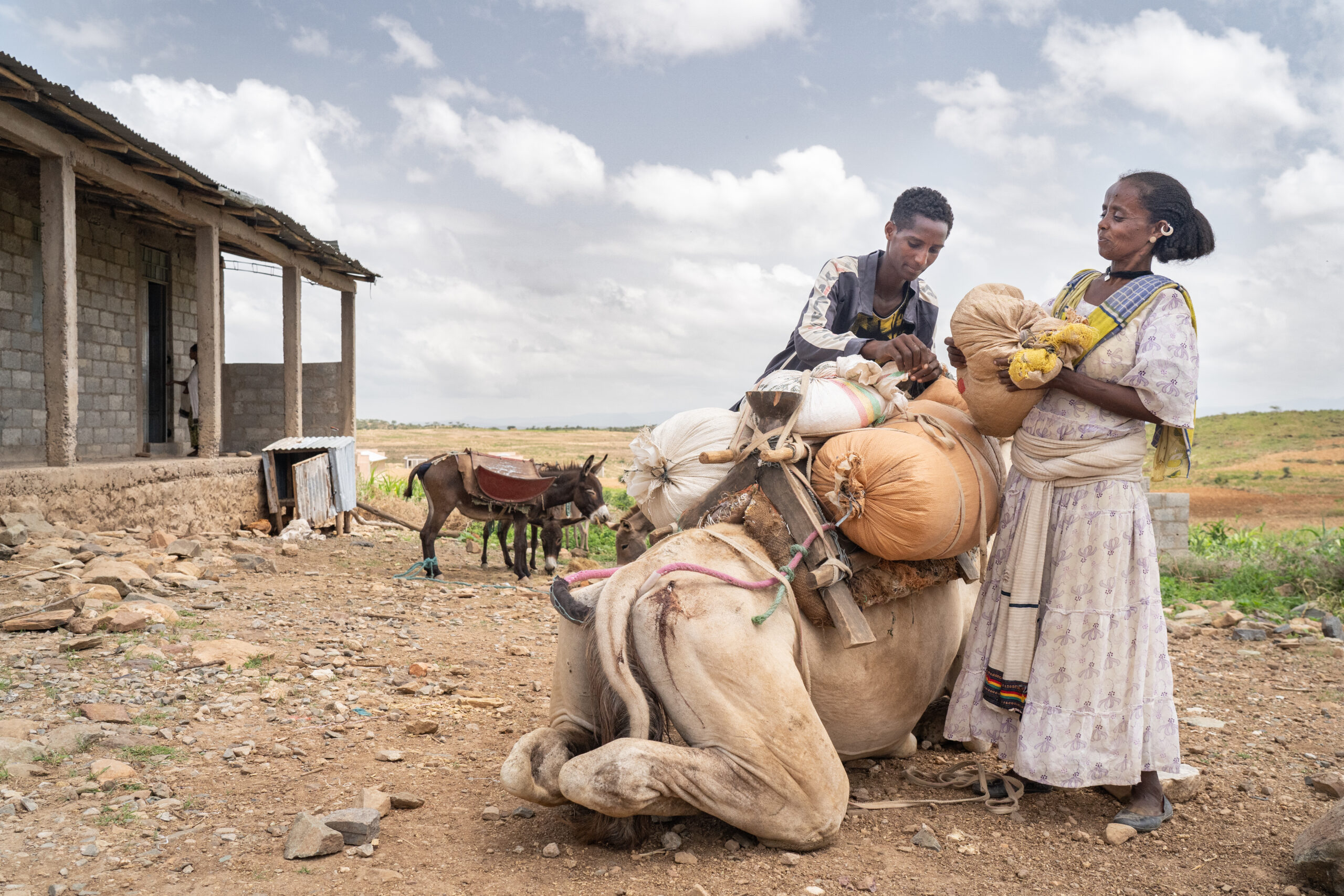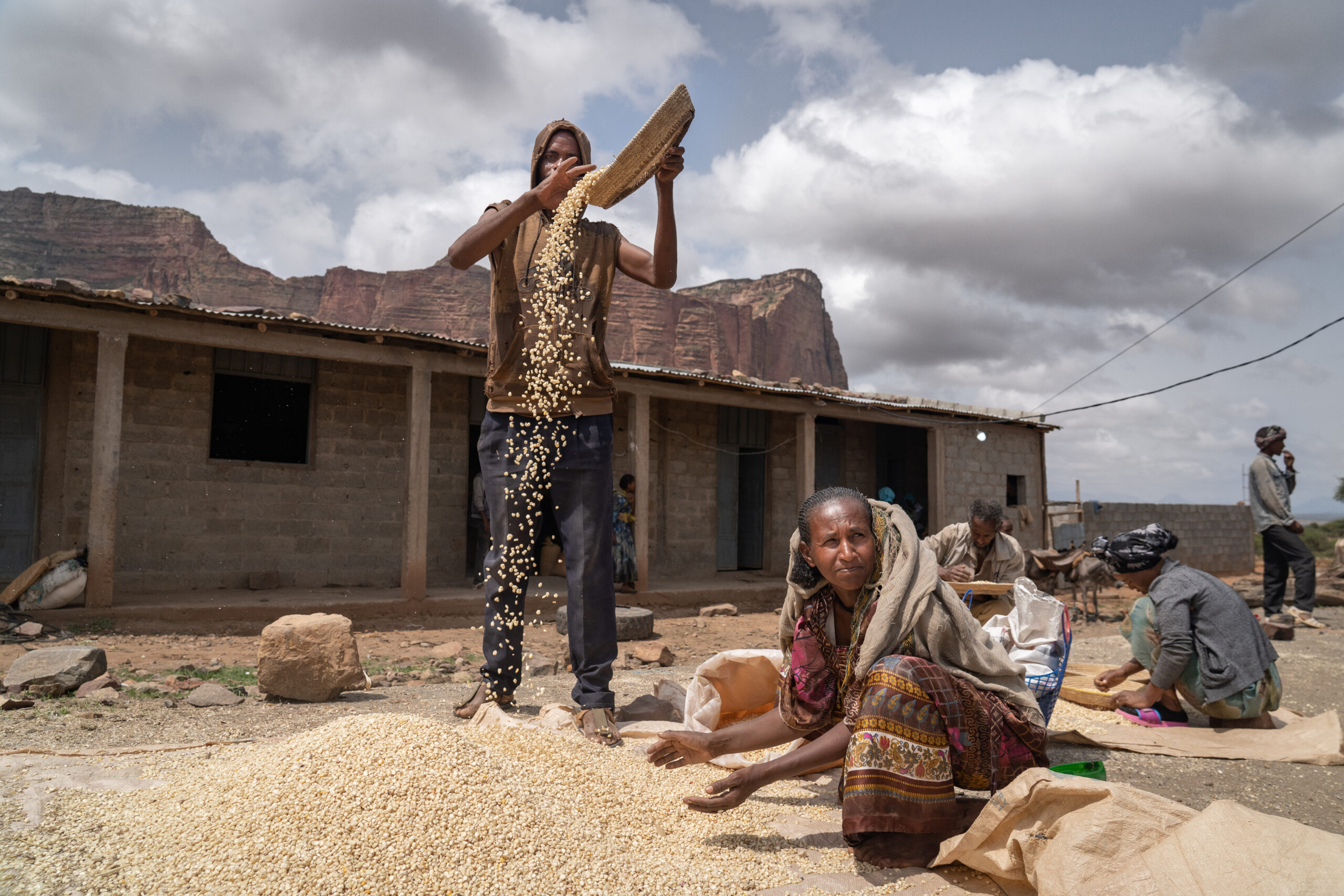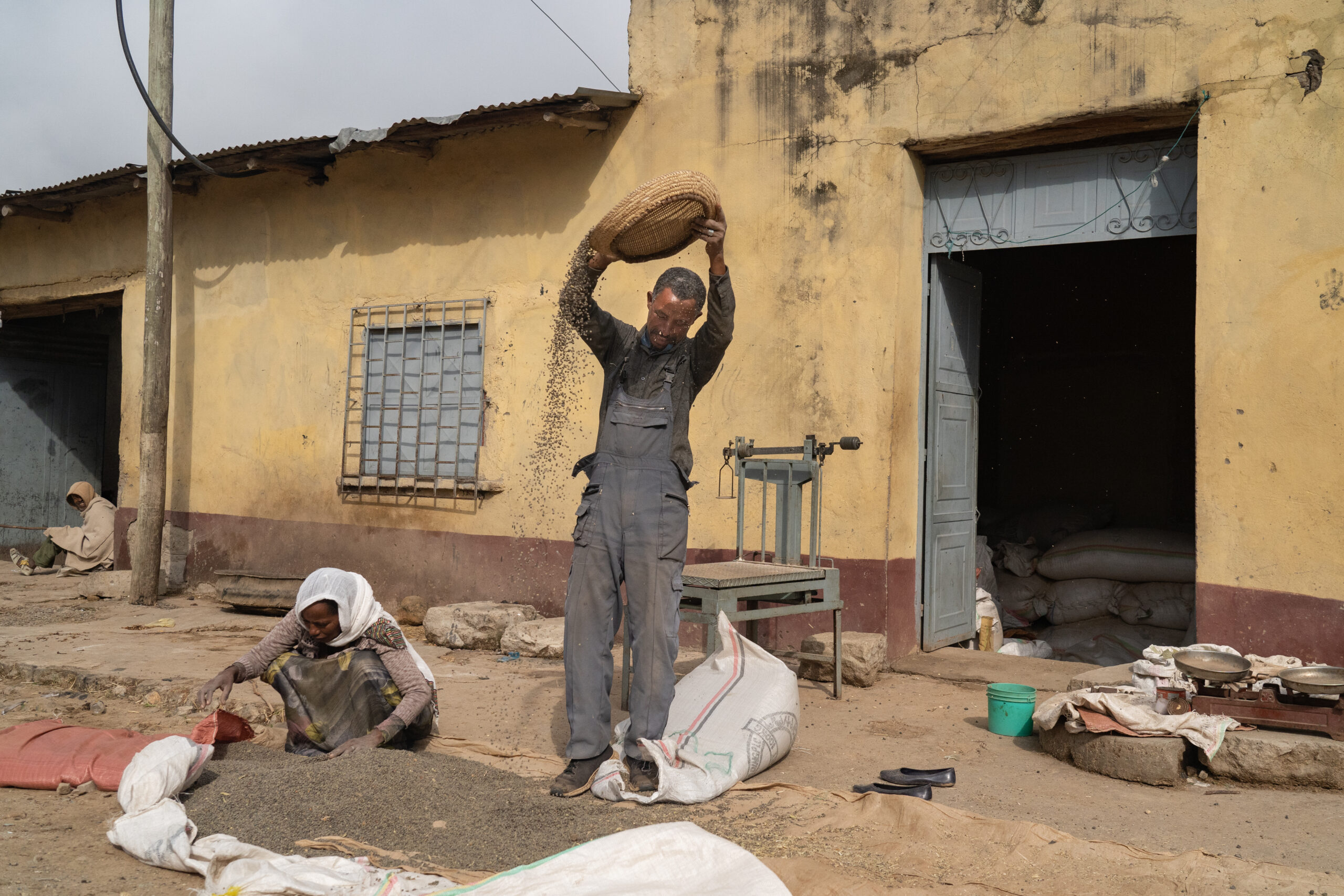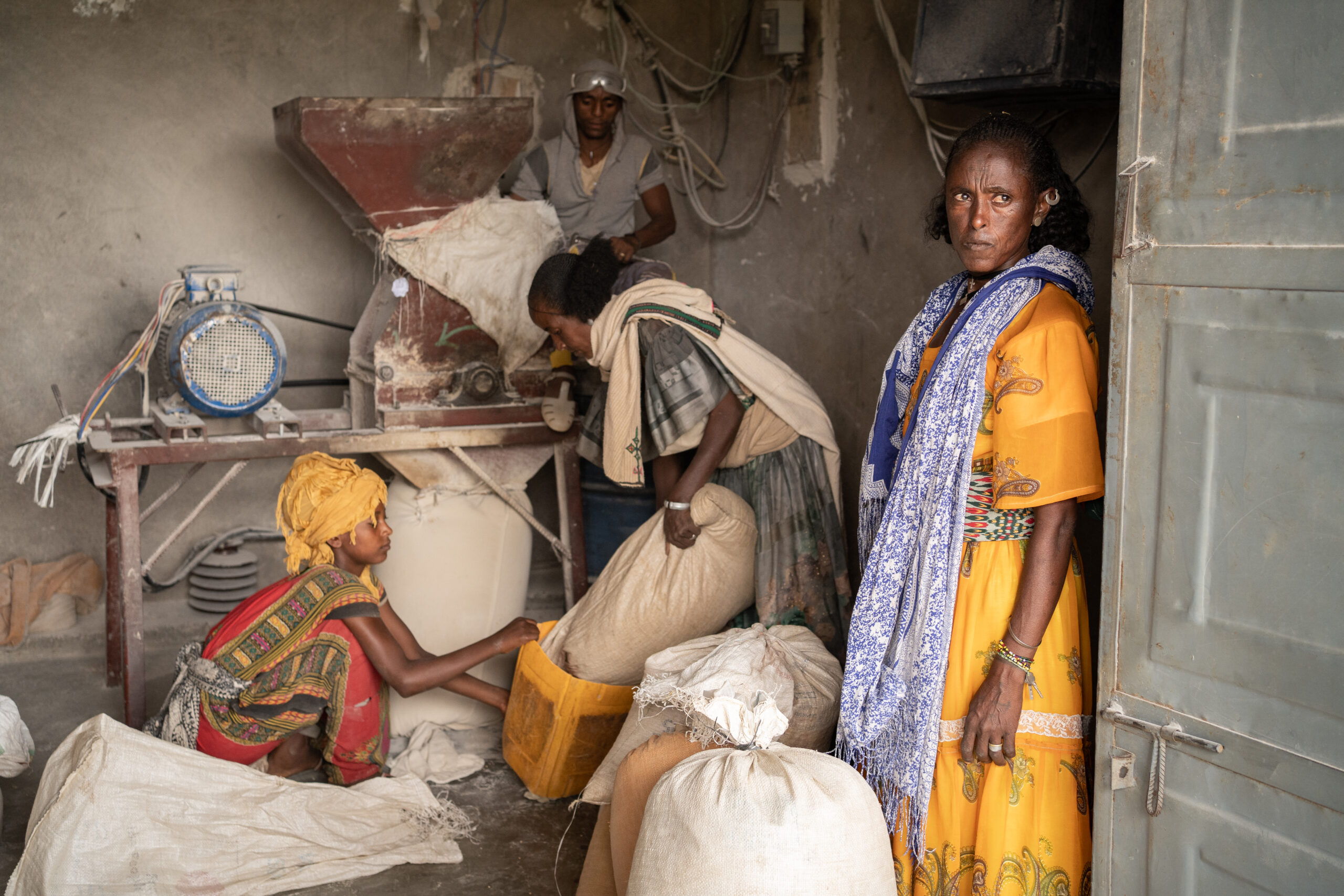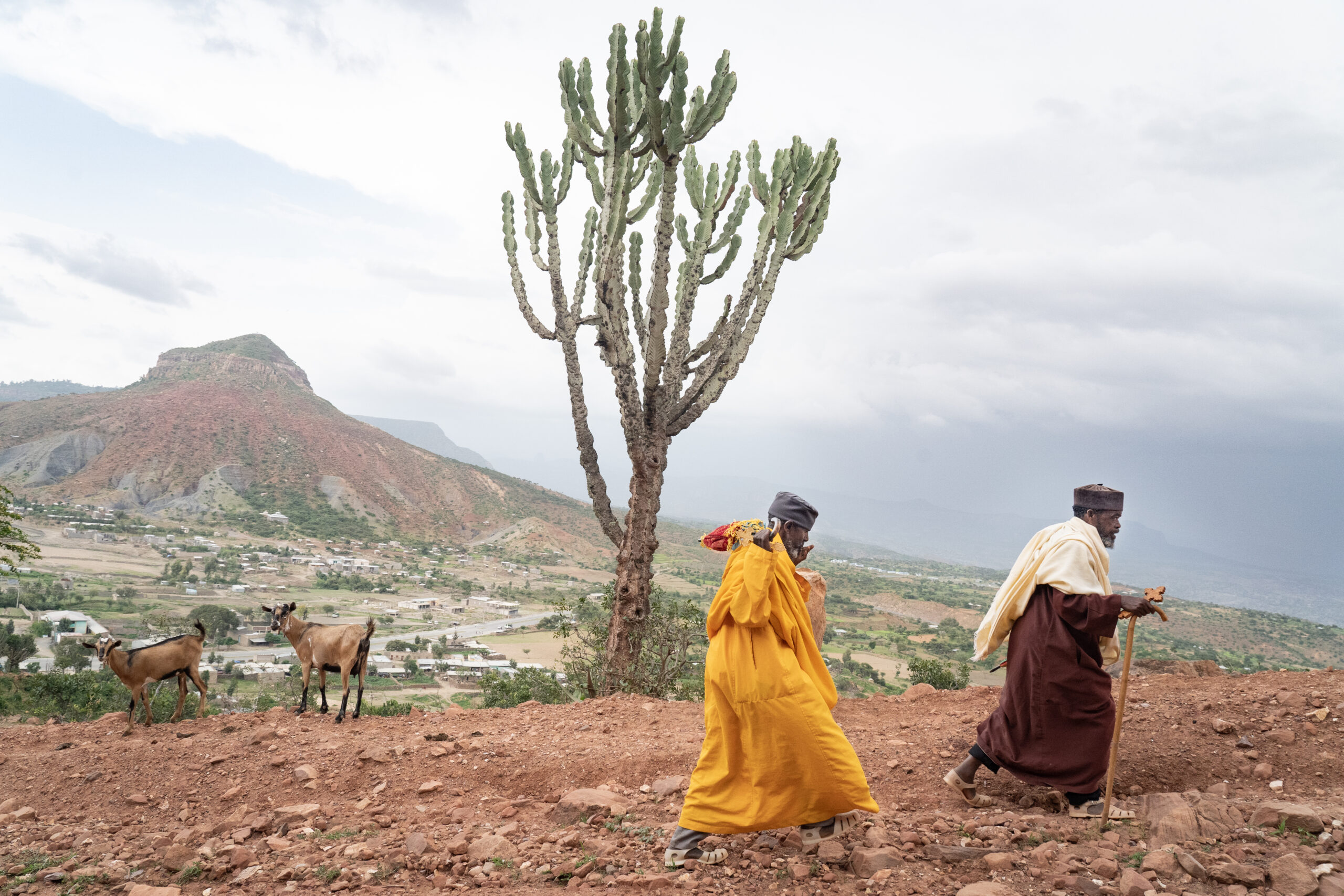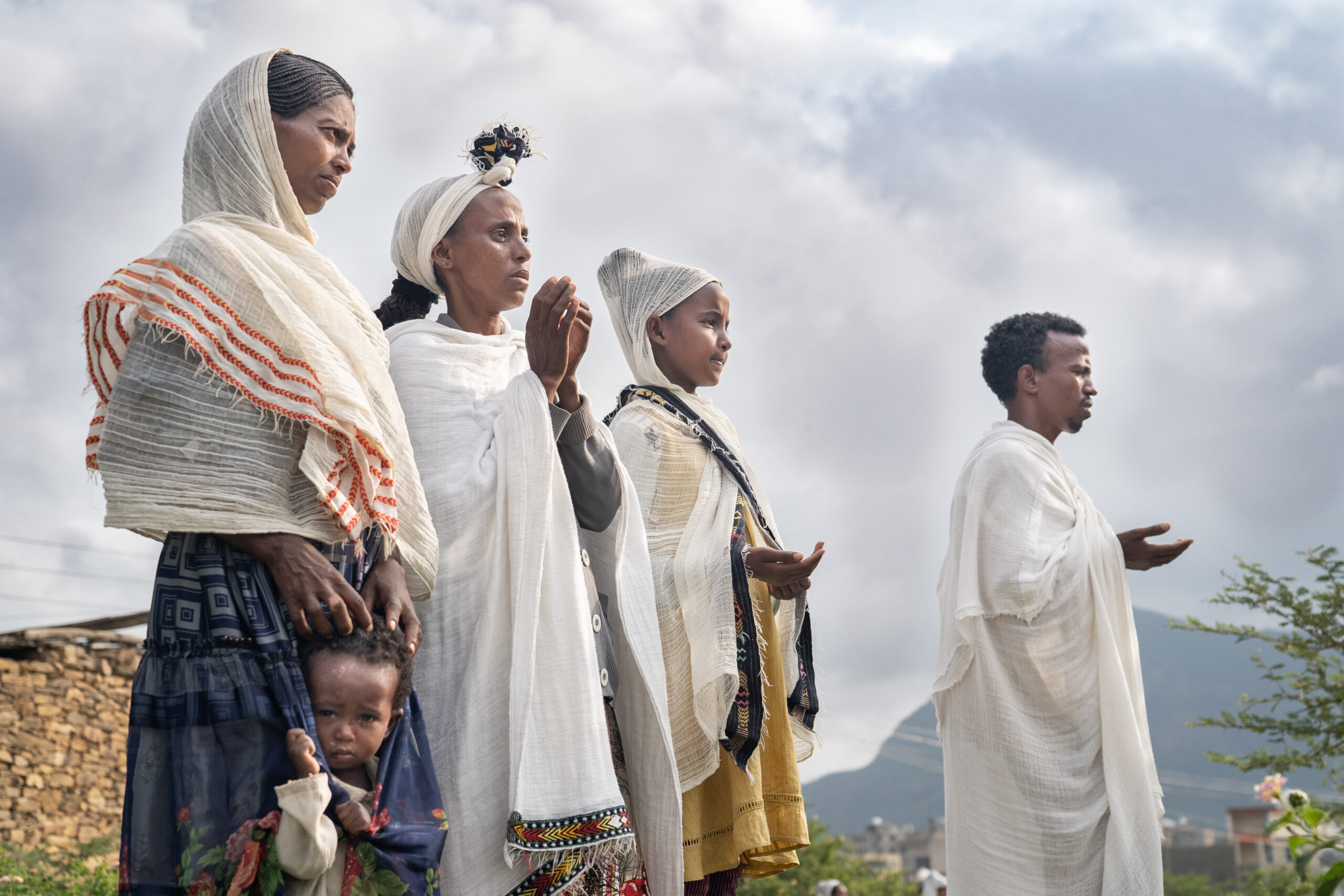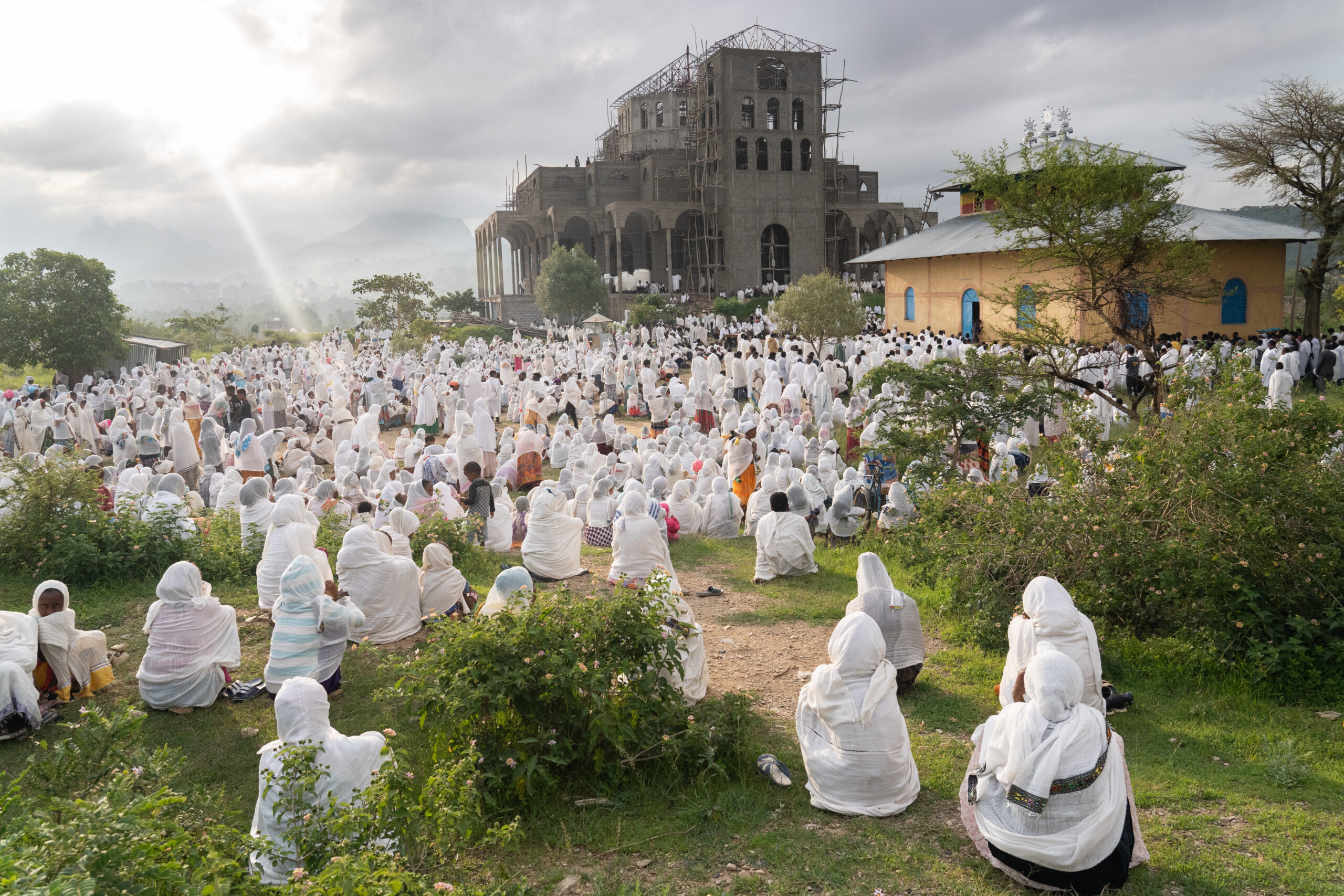TIGRAY, YEAR ZERO
ENGLISH :
On November 3, 2020, Ethiopian Prime Minister Abiy Ahmed, 2019 Nobel Peace Prize winner, declared war on the Tigray region due to the decision of the Tigray People’s Liberation Front (TPLF) to hold its own elections. For two years, this region of seven million inhabitants in the north of the country is cut off from the world: internet and telephone communications are suspended, journalists are banned.
On November 2, 2022, the Pretoria Peace Agreement was signed, ending two years of bloody war between the Ethiopian government, an ally of Eritrea, and the paramilitaries of the Tigray Defence Forces (TDF). Ethiopian and Eritrean forces are accused by the UN and several NGOs of committing numerous crimes against humanity: mass killings of civilians and widespread gang rape. The conflict, which would have killed 600,000 people, according to the African Union, would be the deadliest in the 21st century.
While a year has passed since this «peace», the situation is not settled: it is estimated that about 1 million refugees are waiting to return to their region of origin. Most are from the Western Tigray, which is still occupied by the nationalist Fano militia of the Amhara ethnic group that allied with the Ethiopian government during the war. Despite the peace agreement that provides for a return to the pre-war regional borders, the militia does not seem ready to pack up luggage of this historically coveted area. In April 2023, refusing to surrender its weapons to its former allies, it engaged in armed conflict against the Ethiopian Federal Government, plunging the country again into political instability.
On June 9, 2023, a massive diversion scandal prompted the United States Agency for International Development (USAID) and the World Food Programme (WFP) to suspend food aid to Ethiopia. Similarly, the shortage of fertilizer combined with the fact that many farmers were unable to cultivate their land during the war severely affected agricultural crops. At present, while the people of Tigray are still reeling from the trauma they suffered during the war, the food and health situation in the region is critical, especially in the camps for displaced people. Hospitals are under-resourced and facing drug shortages, while schools have been reopening in dribs and drabs since September 2023.
Since the end of the war, Prime Minister Abiy Ahmed has always been hostile to the establishment of an independent international investigation. On 4 October 2023, the UN expert mission set up to investigate the crimes committed in Tigray was suspended, thus reinforcing the impunity of the Ethiopian Government in this conflict that took place far from the eyes, and seems already forgotten by the international community despite its size.
FRANÇAIS :
TIGRÉ, ANNÉE ZÉRO
|
Le 3 novembre 2020, le Premier ministre éthiopien Abiy Ahmed, prix Nobel de la paix en 2019, déclare la guerre à la région du Tigré en raison de la décision du Front de Libération du Peuple du Tigré (TPLF) d’organiser ses propres élections. Pendant deux ans, cette région de sept millions d’habitants située dans le Nord du pays est coupée du monde : les communications internet et téléphoniques sont suspendues, les journalistes interdits.
Le 2 novembre 2022 est signé l’accord de paix de Pretoria, mettant fin à deux ans de guerre sanglante entre le Gouvernement éthiopien, allié à l’Érythrée, et les paramilitaires des Tigray Defence Forces (TDF). Les forces éthiopiennes et érythréennes sont accusées par l’ONU et plusieurs ONG d’avoir commis de nombreux crimes contre l’humanité : massacres de masse de civils et viols collectifs généralisés. Le conflit, qui aurait fait 600 000 morts, selon l’Union Africaine, serait le plus meurtrier du XXIème siècle. Alors qu’une année s’est écoulée depuis cette « paix » , la situation n’est pas réglée pour autant : on estime à environ 1 million le nombre de réfugiés en attente d’un retour vers leur région d’origine. La plupart sont issus du Tigré occidental, à l’heure actuelle toujours occupé par la milice nationaliste Fano de l’ethnie Amhara qui s’est alliée au Gouvernement éthiopien pendant la guerre. Malgré l’accord de paix qui prévoit un retour aux frontières régionales d’avant-guerre, la milice ne semble pas prête à plier bagage de cette zone historiquement convoitée. En avril 2023, refusant de rendre ses armes à ses anciens alliés, elle s’est engagée dans un conflit armé contre le Gouvernement fédéral éthiopien, plongeant à nouveau le pays dans l’instabilité politique.
|


